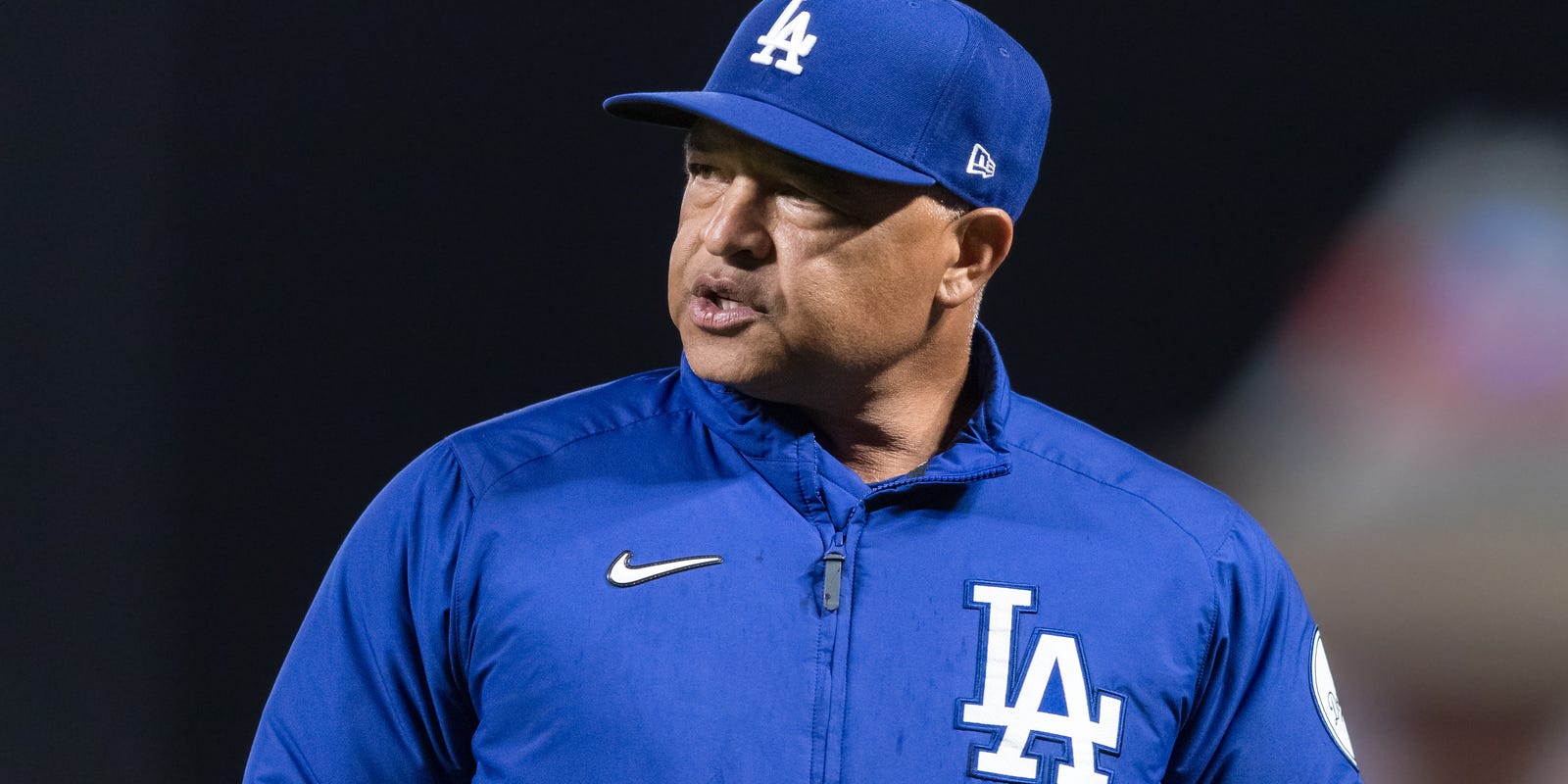Factors Influencing MLB Coaches Salaries
The compensation for Major League Baseball (MLB) coaches, including managers and assistants, hinges on multiple variables. Key factors include team performance, historical success, market size, and individual experience. Managers of large-market franchises, such as those in New York or Los Angeles, often command higher salaries due to increased revenue and pressure, while smaller-market teams may offer more modest packages.
Salary Range and Market Comparisons
Top-tier managers, like Dave Roberts or Aaron Boone, earn between $5 million and $10 million annually, whereas assistants typically range from $200,000 to $1 million. This contrasts sharply with MLB players: stars such as Gerrit Cole earn over $36 million per year, while the average player salary hovers around $4 million. Market forces drive these disparities, as coaching roles are subject to supply and demand—scarcity of experienced candidates can inflate earnings.
Fairness Assessment
Evaluating whether coaches are overpaid involves scrutinizing:

- Value contribution: Coaches bear immense responsibility for team strategy, player development, and win-loss outcomes; poor performance often leads to termination, justifying high stakes.
- Economic justification: In a $10 billion-plus industry, salaries align with revenues from broadcasting rights, tickets, and merchandise, representing a small fraction of team expenditures.
- Equity concerns: Critics argue some salaries exceed on-field impact, especially if teams underperform despite large investments.
Conclusion
MLB coaches' salaries, while substantial, largely reflect market realities and positional value. They are not excessively high relative to industry standards, though ongoing scrutiny ensures accountability for results.






